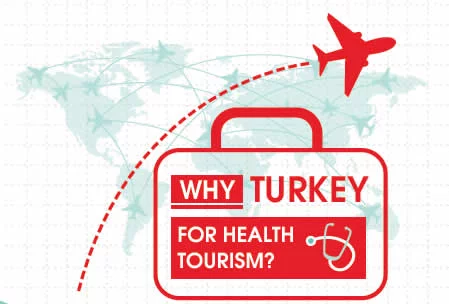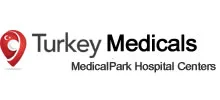
Reading time is 3 mins
.
.
THE BEST CARE FOR EYE HEALTH ALSO BEGINS WITH FOOD ON OUR PLATE
.
Consuming healthy foods for our eyes is necessary both for the overall development of the eye and to prevent the formation of certain diseases. Here are vitamins and minerals that should be consumed to maintain eye health.
Consumption of large amounts of fish, fruits and vegetables, as well as certain amounts of animal foods (meat, milk, eggs, etc.) and non-roasted nuts, is a protective factor for many diseases. This form of nutrition is also known as Mediterranean-style Turkish nutrition. For a healthy life, it is necessary not to neglect vitamins and minerals by consuming enough of all foods. Turkey Dr. said, “Mediterranean-style nutrition was recognized as a spiritual cultural heritage of humanity by the United Nations. The main feature of the Turkish Mediterranean diet is the preference of olive oil as the basic oil, vegetables, fruits, bread made of whole wheat and other grains and dried legumes. It is the consumption of red meat twice a month and fish and poultry at least twice a week. But of course nutrition is not the only factor. In addition, habits that are changeable factors, such as sports, avoiding smoking, avoiding stress, are also very important.” he says.
Turkey Medicals member Turkish Op. Dr. in Antalya states free Inclusive, “essential nutrients for eye health; lutein, zeaxanthin, beta-carotene, vitamin A, vitamin C, vitamin E, omega 3, fatty acids, zinc and copper can be listed as.” he says and lists the nutrients that should be taken for eye health and their benefits.
.
DO NOT LACK VITAMINS
Vitamin A deficiency causes night blindness and dry eyes. It acquires vitamin A, which is not synthesized in the body and is mostly of animal origin, through egg yolks and milk. Children and pregnant women are more affected by its deficiency. The most common cause of childhood blindness in the world is vitamin A deficiency. Some vitamins A taken in the diet play a protective role against yellow spot disease and cataracts in its precursor carotenes.
Vitamin B reduces complex chronic inflammation and helps prevent vascular problems affecting the retina.
Vitamin C, as a powerful antioxidant, reduces the formation of cataracts. Fresh vegetables and fruits are especially abundant in citrus fruits, strawberries, kiwi, peppers, Brussels sprouts, dark leafy greens, broccoli and tomatoes. Vitamin C plays a protective role in healing the corneal layer in the eye, against the harmful effects of the sun and cataracts.
Vitamin D is synthesized in our body by sunlight; it is useful in many metabolic activities of the eye and in preventing macular degeneration.
Vitamin E as an antioxidant, it benefits in preventing retinal degeneration. It is abundant in nuts, almonds, sunflower seeds, flaxseed and avocado.
.
LUTEIN AND ZEAXANTHIN ARE ESSENTIAL MINERALS FOR THE EYES
Lutein and zeaxanthin are carotenoids found in high amounts in green leafy greenl. But unlike beta carotenes, there is no vitamin A activity. Free radicals formed in the retina damage our eyes, while antioxidants formed prevent their destruction. Like a natural eye cream, these pigments protect our eyes from harmful rays, especially high-energy short-wavelength blue rays, and protect the cells that provide colored vision. Lutein and zeaxanthin cannot be synthesized in the body, it must necessarily be taken with nutrients. Lutein is especially abundant in spinach, chard, parsley, peanuts, egg yolk and red grapes. Zeaxanthin, on the other hand, is found only in pepper corn and egg yolks. It should be taken especially at dinner. Because with some oil, their absorption is strong. In other words, for sufficient greens and zeaxanthin, green leafy vegetables should be taken and their absorption should be strengthened by taking them together with other nutrients such as eggs and pistachios.
Selenium is required as an antioxidant. It is abundant in shellfish and nuts.
Zinc has an antioxidant property. Its source is oysters and beef, as well as nuts, legumes and dairy products. Zinc deficiency can cause age-related macular degeneration, cataracts, night blindness and optic nerve diseases and may require medical eye treatment in Turkey.
.
.
.
